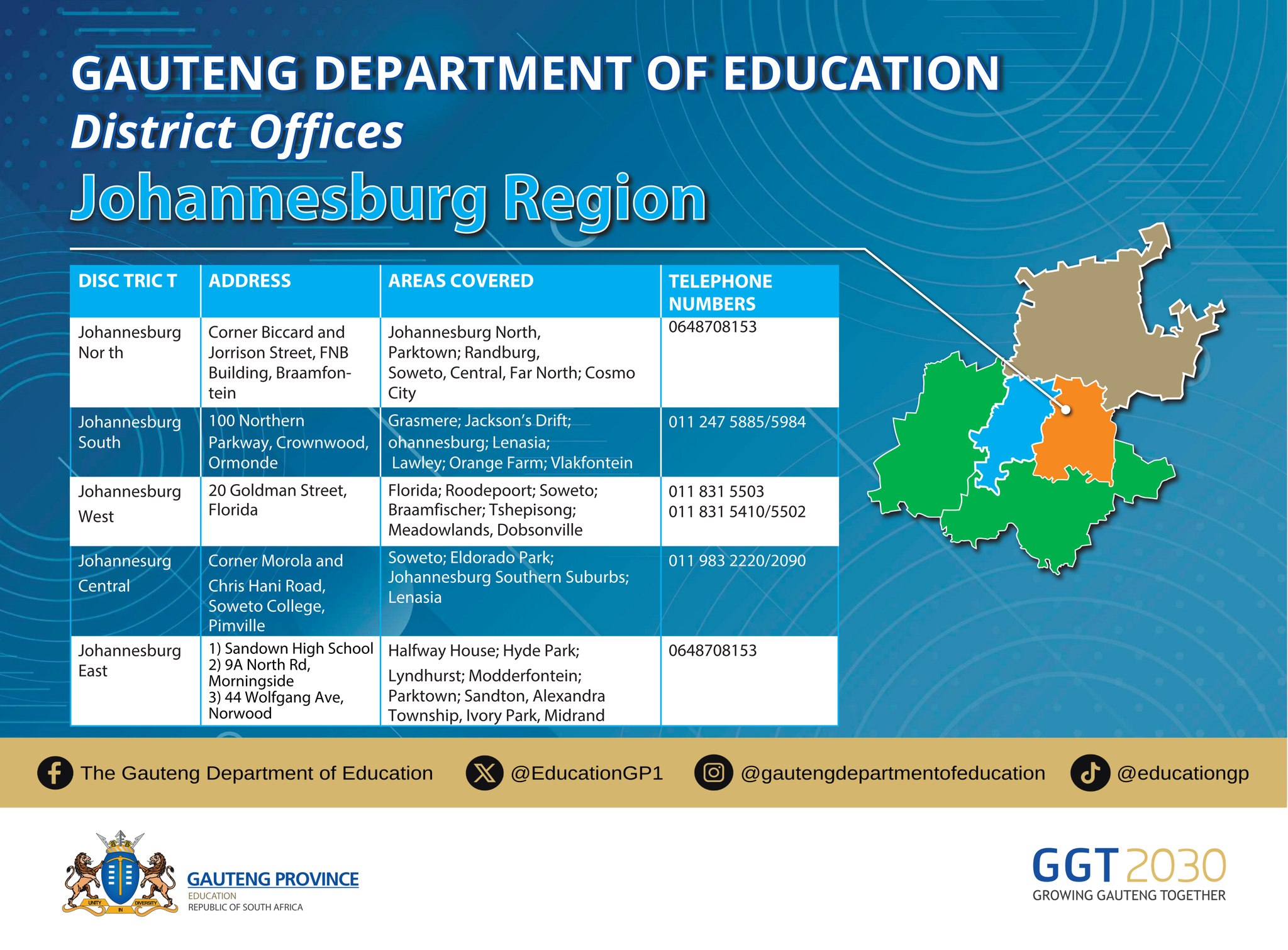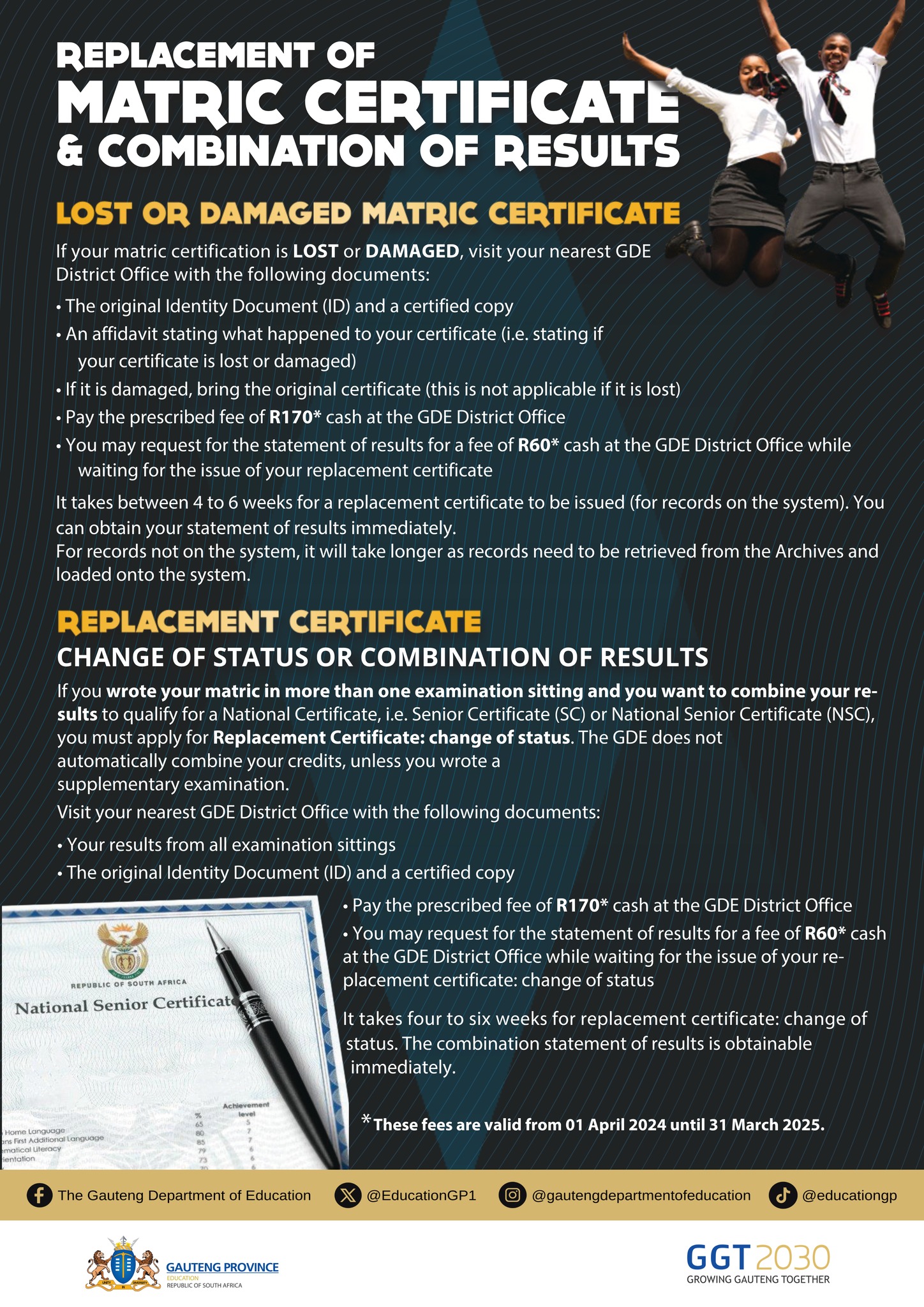As part of its mandate to provide service delivery to the residents in Gauteng, in line with the approved Fourth Industrial Revolution (4IR) Strategy, the Gauteng Department of e-Government (e-Gov) is connecting Hostels, providing them with free WI-FI.
So far, the department has connected 6 hostels with high-speed Wi-Fi known as the Gauteng Provincial Network (GPN). The network has been set up in these Johannesburg hostels: George Goch, Jeppe Hostel, Denver Hostel, MBA Hostel, Murray and Roberts Hostel, and Rethabile LTE Hostel.
The GPN is WIFI connectivity provided by the Gauteng Provincial Government in schools, clinics, hospitals, libraries, community centers etc as part of digitizing Gauteng. The GPN is a step towards bridging the digital divide while providing greater accessibility to government services and free wi-fi to residents in Townships, Informal Settlements and Hostels.
In this case, the GPN has proven to be a good initiative for many residents of the hostels as it provides easy access to the internet, allowing them to participate digitally, free of charge. The network will also assist job seekers in applying for jobs. Learners and students can use it for their schoolwork such as conducting research and assignments.
MEC for e-Government, Research and Development, Mr. Bonginkosi Dhlamini has urged the hostel residents to use the GPN for everyday needs including job applications and research for academic assignments.
“The reason why we decided to install WIFI in Hostels is that we want to help our people who cannot afford data to access the internet easily or without having to go to internet cafes. Another thing is that our services are online, and as a result, people will need to have data to access them, so it is important that we give them a network that will help them be able to access our services. We encourage residents to use the WIFI the right way, for example scholars must use it for learning purposes, those that are unemployed must use it to apply for jobs,” said, MEC Dhlamini.
MEC further stated that it was critical for the department to create its own network so that communities can use it to access e-services.
“When e-Gov was established, the focus was to develop our own connectivity infrastructure, so we stop relaying on telecoms service providers who were charging us an arm and a leg for connectivity. We know that this would result in a lot of cost savings and those funds would be directed elsewhere. I am happy to report that we have really achieved a great deal in this regard and people will connect on our network for free.”










